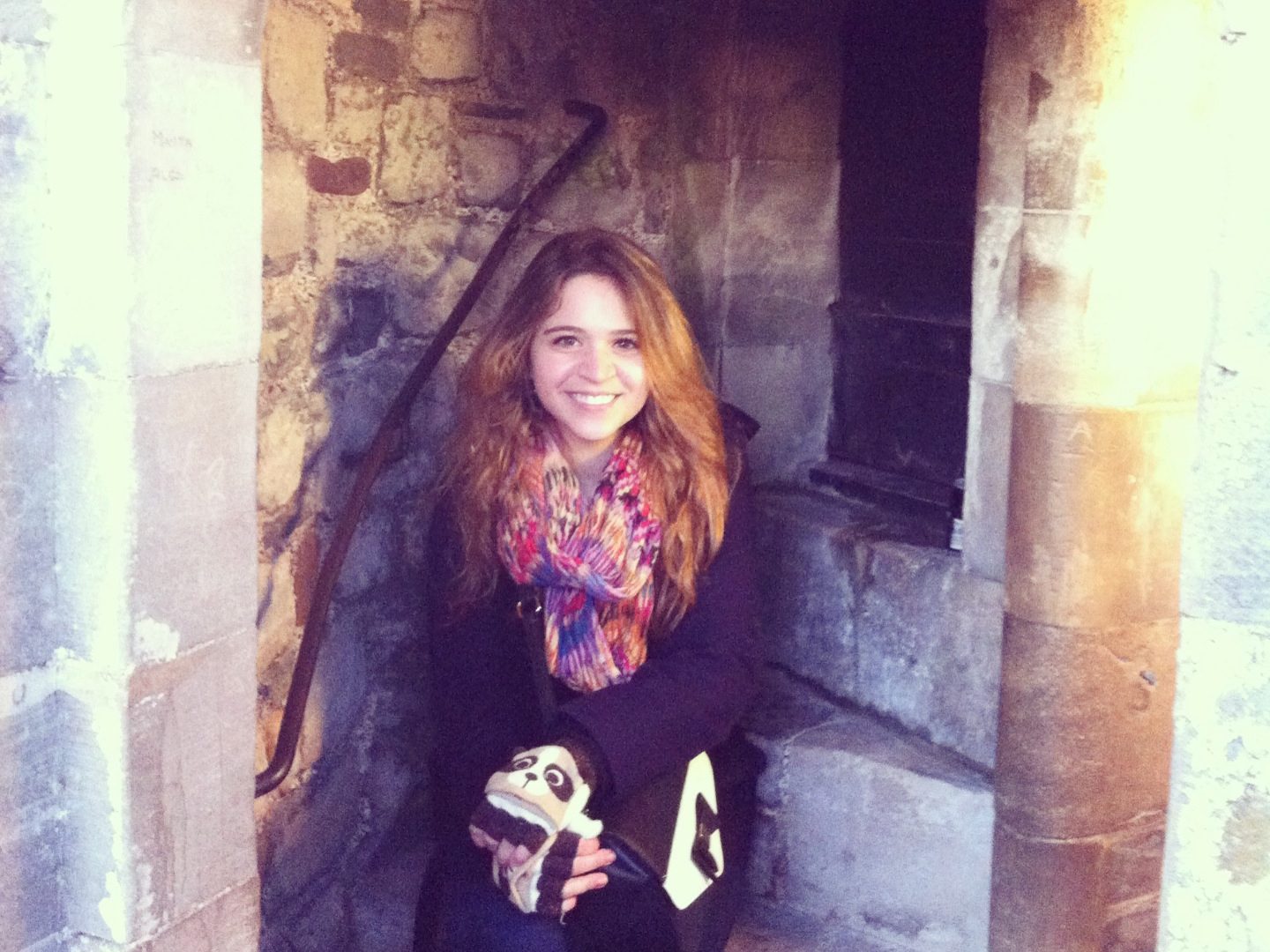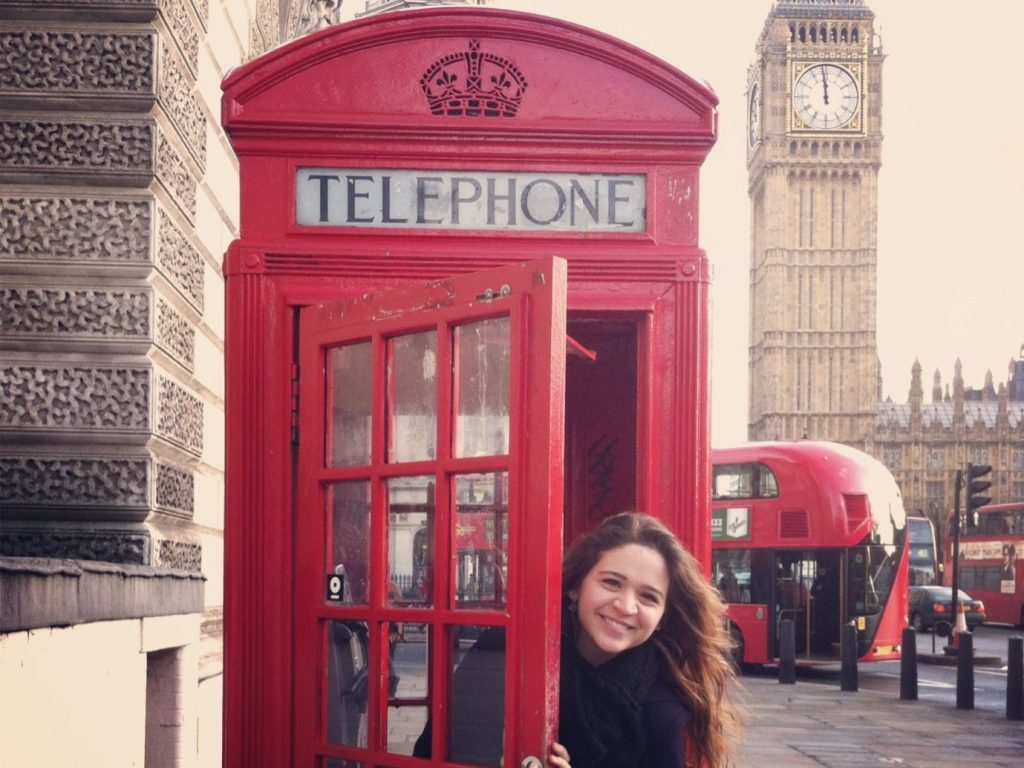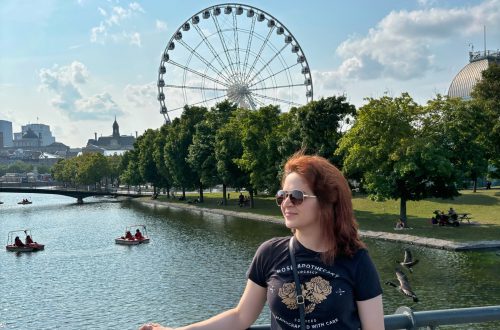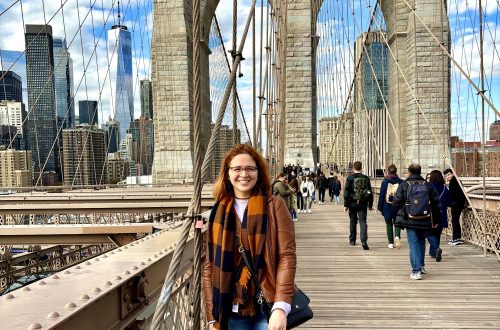
One Thing I’ve Learned from Every Place I’ve Lived: Bristol, England (Ep. 1)
Somewhere in the beginning of 2024, I had the idea for this theme. I’ve lived in quite a few cities in the last 10 years, some of them dreams fulfilled and others happy accidents. Most of these places were my homes for a year or more, while a couple of them ended up being just a few months. But each one was meaningful in its own unique way and has left me with lifelong memories—good, bad, monumental, uneventful—and lessons learned.
In this series, which I’ve decided to separate by “episodes”, I’m going to choose just one of those lessons to ruminate on and, in a way, to symbolize my personal attachment to each place. These posts will be complemented by some hopefully fun (possibly funny) throwback pictures too, of course!
Episode One: The Meaning of “Normal”
My first home away from home. My first time living abroad. My first flight alone overseas.
I guess they say to start with the hardest tasks first, so it only makes sense that Episode One is the hardest to choose just one lesson to highlight. At 20 years old, I had never lived outside of my parents’ house and hadn’t even visited the UK when I decided to apply for Master’s programs abroad. My undergraduate degree was English Literature, and I’d always favored British authors, so the UK was a logical aim for my postgraduate studies. Now, I wonder if my choice to go so far out of my comfort zone for this monumental “first time” life experience was one of sheer and irreplicable bravery or pure naivety.

But let’s not break the rules before we’ve even started the game. I’m going to pick the most obvious, yet probably also the most impactful, lesson that living in Bristol taught me: “normal” is just a way we have of explaining habits that some of us share; there’s really no such thing.
Maybe I knew this already, in theory. I had a good education and had traveled around North America; I was receptive to new ideas and opportunities; and I’ve always been a curious person, eager to see how other people think, feel, and live. I was open-minded—but my idea of “normal” had only been questioned; it hadn’t truly been challenged. Living as an international student at the University of Bristol placed me in the center of a group of students from not only the UK, but also from countries across Europe and around the world. My friends received care packages from three different continents. My roommates and I met in our kitchen to cook and share food the others had never tried. I’d already learned that “normal” was a societal construct, but this experience illustrated that in unexpected ways every single day.

Of course, while my band of internationals and I learned an incredible amount from each other, we can’t forget the star of all of our shows: the United Kingdom! We had all chosen to move to this hype little uni city for a reason, and many of us (myself included) were starry-eyed and thrilled to immerse ourselves in British culture. When we weren’t in classes, we visited museums and historical sites as well as pubs and shops, attended local events and performances, and took day trips to nearby towns.
Often viewing things together through a now-multifaceted lens, we navigated the confusion of “culture shocks” and the excitement of the NEW. Did you know “that’s alright” is another way of saying “you’re welcome”? Have you seen what the nutrition facts on food boxes look like? Which measurement system is used for that: metric or imperial? Some surprises to one of us would be startlingly ordinary to another, while other things left us all in bewilderment. As the year went on, some of our habits—our “normals”—began to shift, to adapt, and not always in the same ways as each other.

Autumn blended into winter; winter melted into spring; spring fluttered into summer. My British friends became just friends, and our conversations were peppered with a lot fewer pauses to ask or explain how this worked and what that meant. Asking for a coffee to “take away”, having pudding instead of dessert, and spelling words in my essay drafts in the way that my British English spellcheck approved of—on the first try!—all became common practice. Surprises still cropped up serendipitously, giving me (or a friend, or a random stranger) a chuckle or something to puzzle over; and I can’t say that I got over my cheery infatuation with British accents, expressions, and quirks. But most days, I just lived: studying, meeting up with friends, eating, drinking, taking the train or bus to some new town for the day, calling family and friends back home to find out what I’d missed and to gush about what they had too.
Although it’s safe to say that most of my habits remained unchanged (it was only one year, after all), I had begun to actually notice those habits. My own “normal”, though only slightly new and improved after a significant year’s growth, was something I recognized as mine, with facets that were not necessarily shared by everyone around me. And I was evermore comfortable with the idea that, in another year’s time, some of those facets of my “normal” might even be a little bit different.

I learned a lot of lessons that year, but this is one that became a vital building block for all of my experiences to come! To this day, the UK is one of my favorite countries to visit, and it holds a special kind of nostalgia in my heart. I’ll be eternally grateful that I took the leap and flew across the pond that fateful September in 2013, with no idea what to expect from the place that I was about to call home, but ready to be challenged in all the ways I couldn’t even imagine yet.




